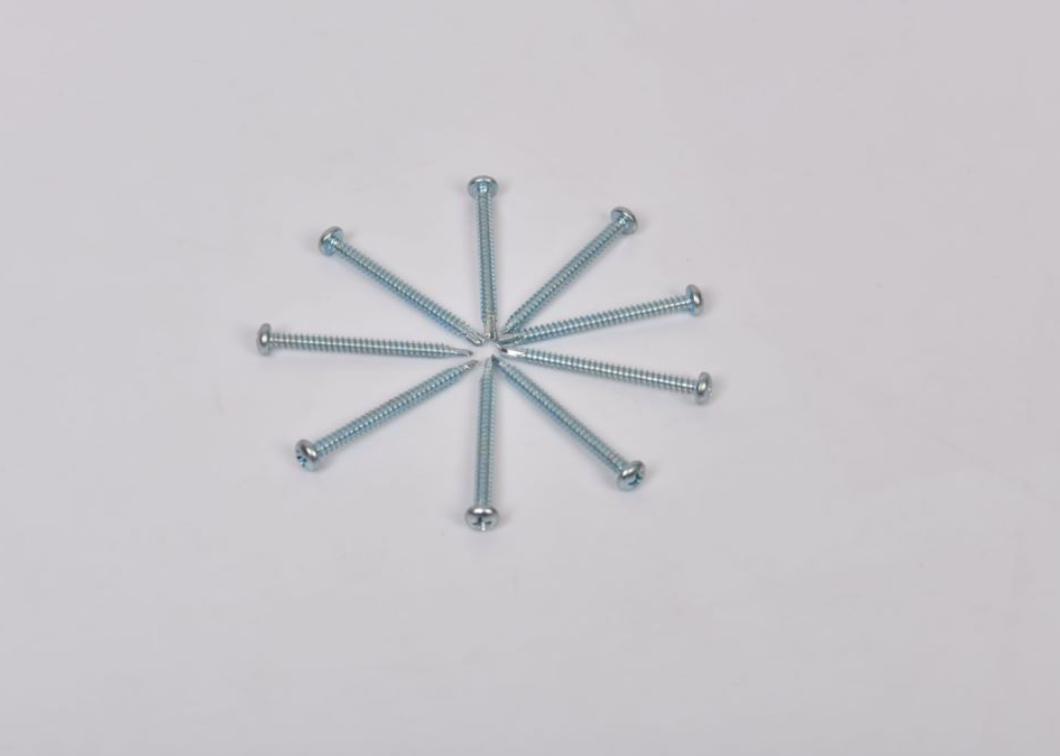spring washer material
Understanding Spring Washer Materials A Comprehensive Overview
Spring washers are essential mechanical components used in various applications to provide flexibility and cushioning. They are designed to absorb shock, maintain tension, and prevent loosening of fasteners. The effectiveness of these washers largely depends on the material used in their manufacture. In this article, we will explore different materials commonly used for spring washers, their properties, advantages, and applications.
1. Carbon Steel
Carbon steel is one of the most widely used materials for spring washers owing to its excellent strength and versatility. It contains varying amounts of carbon, which affects its hardness and ductility. The primary advantage of carbon steel is its high tensile strength, making it suitable for heavy-duty applications. Additionally, it can be heat-treated to enhance its performance.
However, carbon steel is prone to corrosion, which can be a significant drawback in environments exposed to moisture or chemicals. To mitigate this issue, manufacturers often apply a protective coating, such as zinc plating, to improve resistance to rust.
2. Stainless Steel
Stainless steel is another popular material for spring washers, especially in applications where corrosion resistance is vital. Composed of iron, carbon, and a minimum of 10.5% chromium, stainless steel offers excellent durability and aesthetic appeal. Its inherent resistance to rust and staining makes it an ideal choice for use in harsh environments, including marine and chemical processing applications.
There are various grades of stainless steel, including 316 and 304, each possessing unique properties. For instance, grade 316 offers superior corrosion resistance compared to grade 304 due to its molybdenum content, making it more suitable for saline environments.
3. Alloy Steel
Alloy steel is a combination of carbon steel and other alloying elements, such as chromium, nickel, and molybdenum. This type of steel is engineered to provide enhanced mechanical properties and performance. The addition of these elements allows alloy steel to exhibit improved strength, toughness, and wear resistance.
spring washer material

Alloy steel spring washers are often used in demanding applications, such as automotive and aerospace sectors, where high load-bearing capabilities are required. However, similar to carbon steel, alloy steel can be prone to corrosion, necessitating protective coatings or treatments.
4. Phosphor Bronze
Phosphor bronze is an alloy of copper, tin, and phosphorus, known for its excellent fatigue resistance, electrical conductivity, and corrosion resistance. This material is particularly useful for applications in electrical and marine industries where conductivity and resistance to marine corrosion are essential.
Spring washers made from phosphor bronze offer high resilience and are often chosen for applications requiring a higher degree of flexibility. They are less likely to break under cyclic loading compared to other materials.
5. Plastic and Composite Materials
In recent years, plastic and composite materials have gained popularity in the production of spring washers. These materials are lightweight, resistant to corrosion, and offer a degree of flexibility. They can be engineered for various thermal and chemical resistance properties, making them suitable for unique applications.
While plastic spring washers may not offer the same load-bearing capacity as metal ones, they are ideal for applications where non-conductivity or non-magnetic properties are crucial.
Conclusion
Choosing the right material for spring washers is crucial in ensuring their performance and longevity in any application. Carbon steel and stainless steel are common choices for general applications, while alloy steels provide enhanced strength for heavy-duty use. Phosphor bronze is favored in electrical and marine settings, while plastic and composite options cater to specific needs like lightweight and corrosion resistance.
Understanding the characteristics and benefits of each material helps engineers and designers select the most appropriate spring washers for their projects, ensuring optimal performance and reliability in the intended application.
-
Top Choices for Plasterboard FixingNewsDec.26,2024
-
The Versatility of Specialty WashersNewsDec.26,2024
-
Secure Your ProjectsNewsDec.26,2024
-
Essential Screws for Chipboard Flooring ProjectsNewsDec.26,2024
-
Choosing the Right Drywall ScrewsNewsDec.26,2024
-
Black Phosphate Screws for Superior PerformanceNewsDec.26,2024
-
The Versatile Choice of Nylon Flat Washers for Your NeedsNewsDec.18,2024










